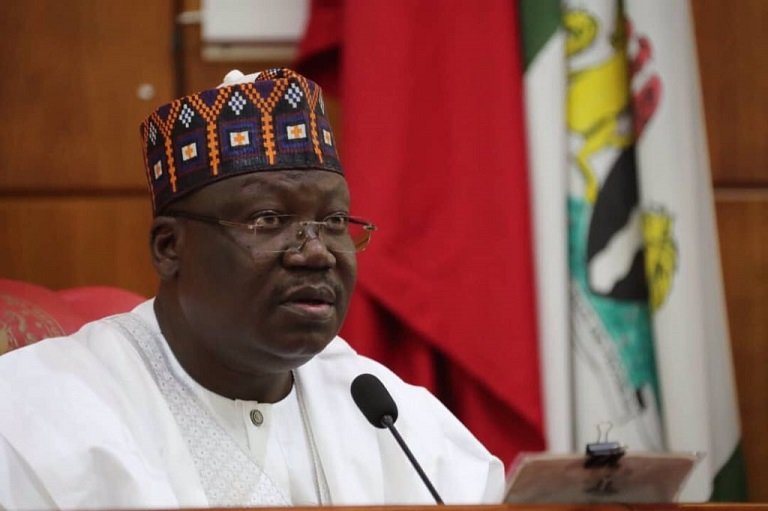A civic tech organisation in Nigeria has decried the increasing budget of the National Assembly (NASS), stressing that, the federal legislative arm of government is killing the country.
BudgIT raised the alarm on its Twitter account on Thursday, noting that, the staggering difference between NASS’ budget in 2003 and 2019 is having a telling impact on the economy and growth trajectory.
The National Assembly in Nigeria is made up by the Senate and House of Representatives.
BudgIT, an organisation dedicated to raising the standards of transparency, citizen engagement and accountability most especially in public finance said the budget of NASS in 2003 was N23.3 billion but has risen to N128 billion in 2019.
Calling the attention of the Senate President Ahmad Lawan to the difference, BudgIT tweeted, “NASS profligate life is killing Nigeria. From N23.3bn in 2003, your budget is now N128bn. You spend 50% of this money on stationery, cars etc only to steal/auction them at end of every four year. This is Gbanjo NASS,” it wrote along with an image that quizzed what NASS is cooking.
READ: Isreali troops accidentally fires own civilian aircraft
In an earlier tweet in May, BudgIT had raised a similar question, asking who will probe NASS. The organisation also insinuated that there was a cabal within the National Assembly.
“NASS budget ballooned from N23.3 billion to N125 BILLION between 2003 and 2019. On a yearly basis, 50% of this money is spent on stationery, computers, cars etc – all for sale at rock bottom prices. Surely there’s a cartel within NASS management. Who’ll probe this?,” BudgIT said making reference to a post in TheNation.
BudgIT’s tweets has since provoked responses from Twitter users, with some calling for an abolition of NASS.
“We, the people of Nigeria are not being good followers. We need to start holding individual members of the National Assembly accountable. This is our money,” Citizen Barrister tweeted.
Nigeria, What Is New wrote, “A good reason to abolish National Assembly.”
The National Assembly is on recess at the time of this report but it is unlikely that the Senate President will address this issue.











